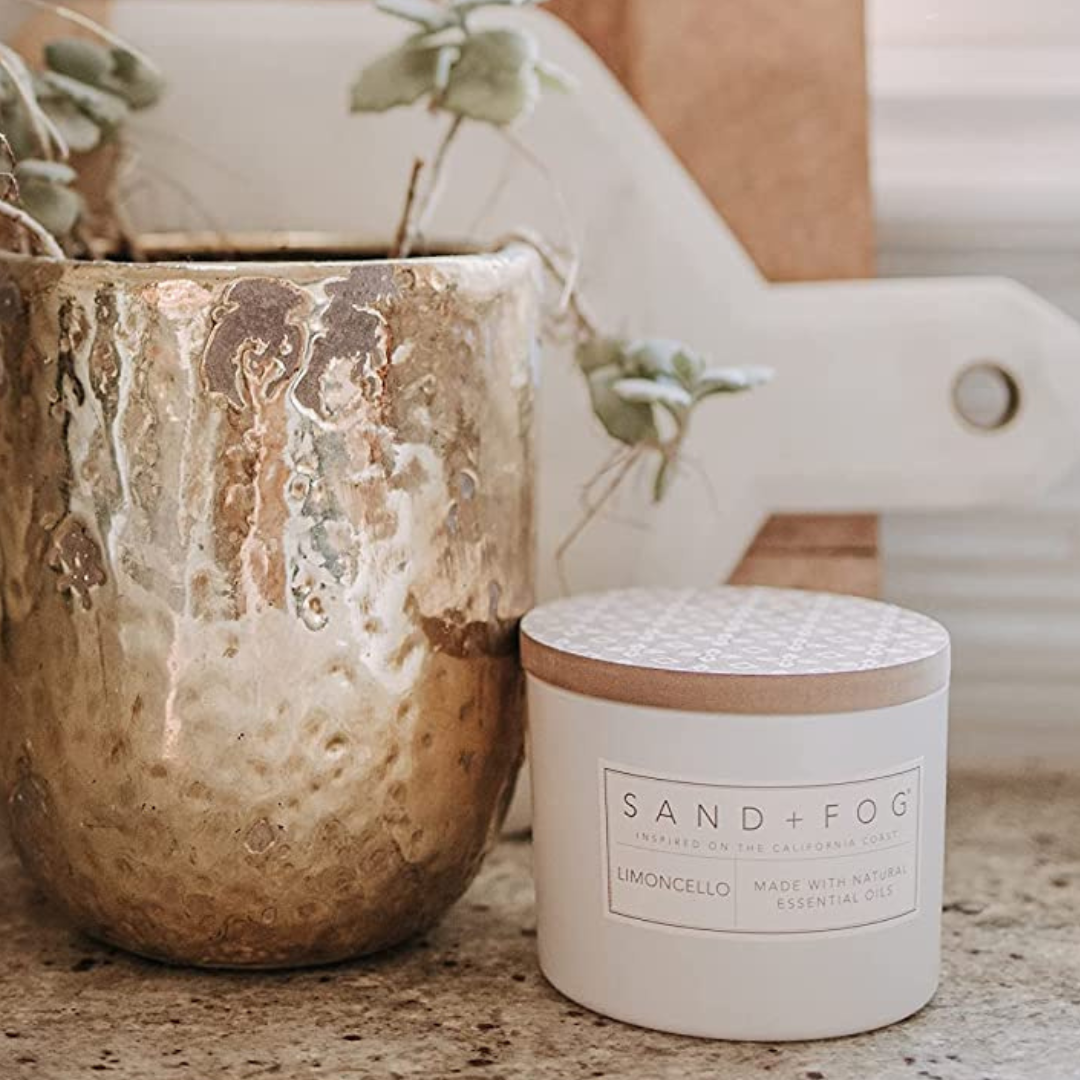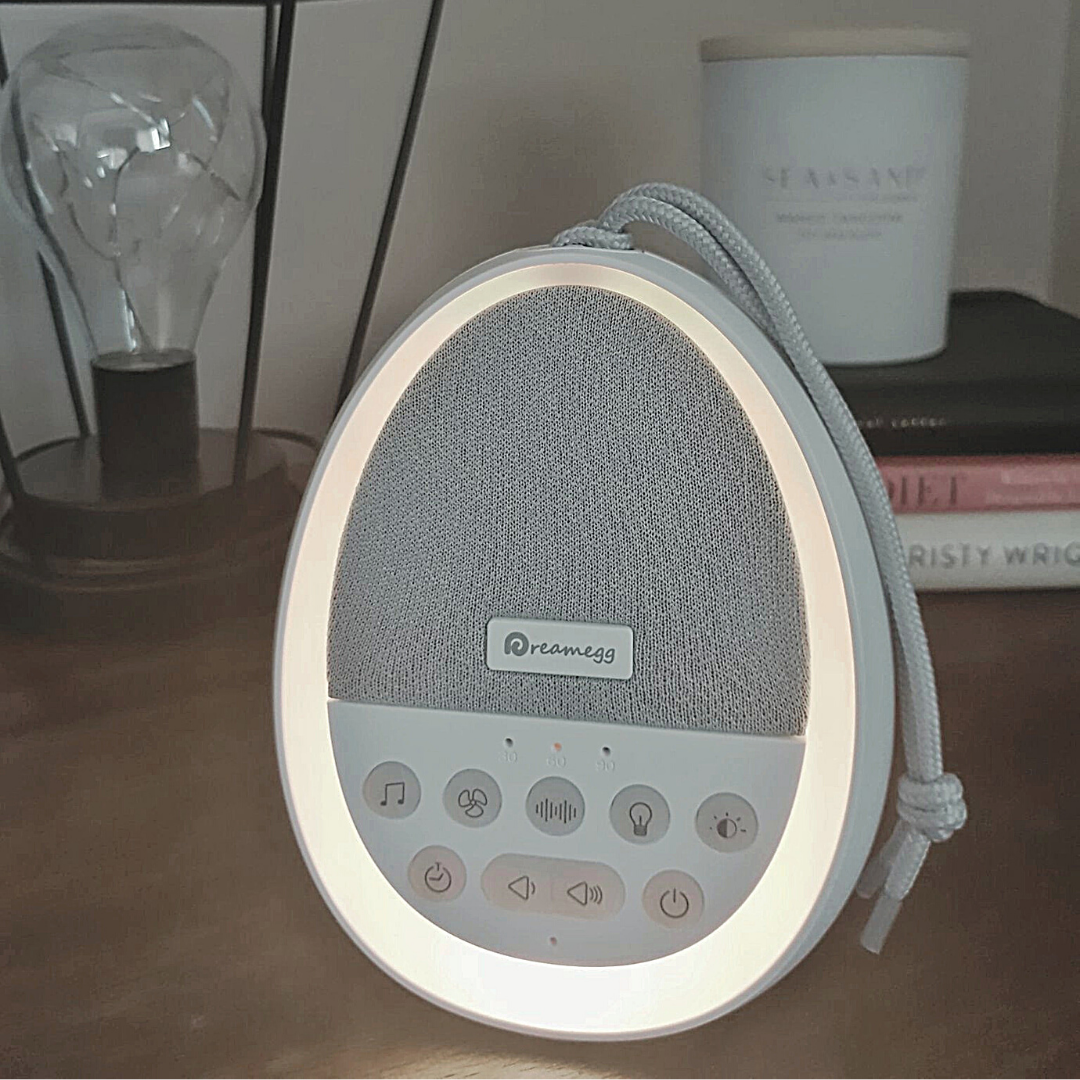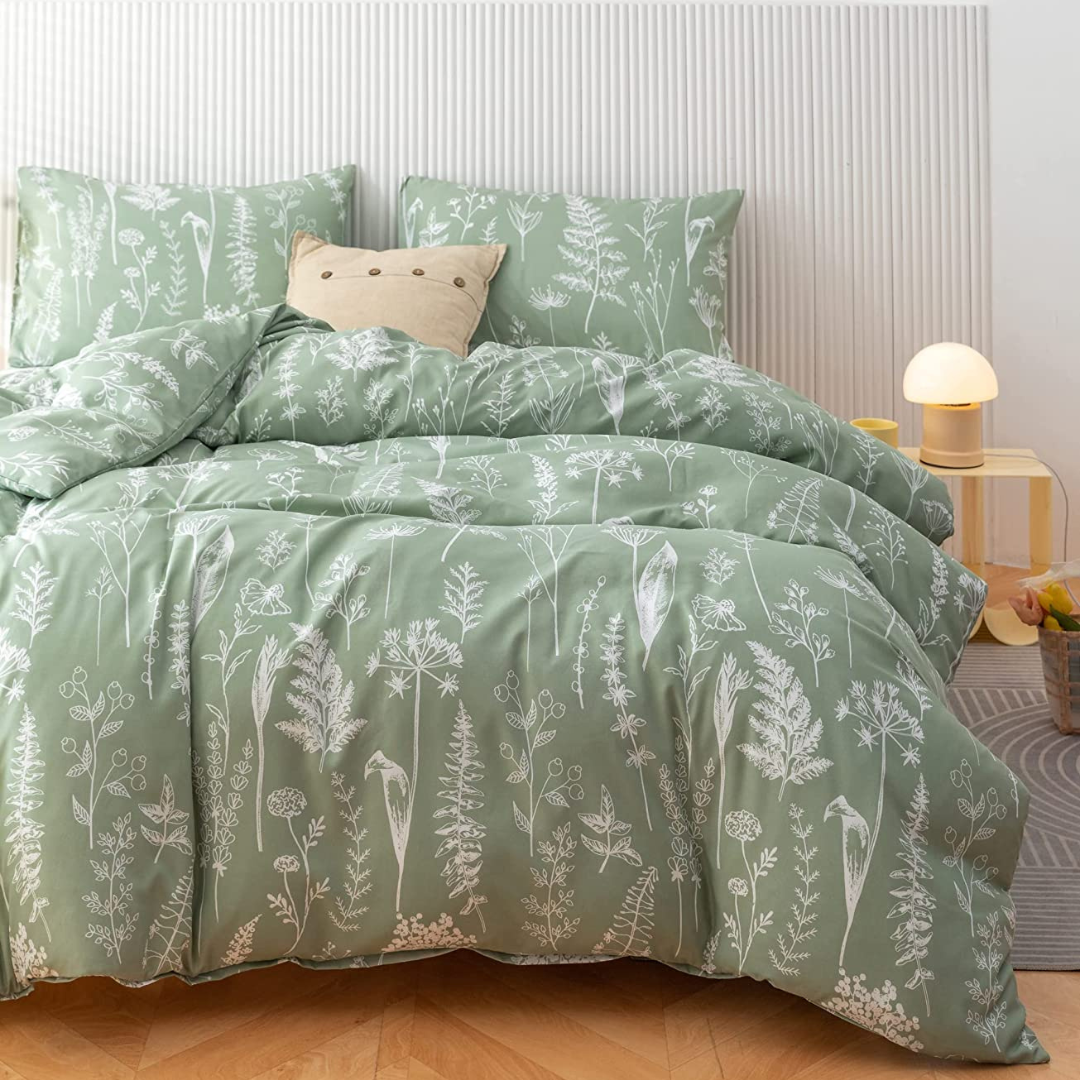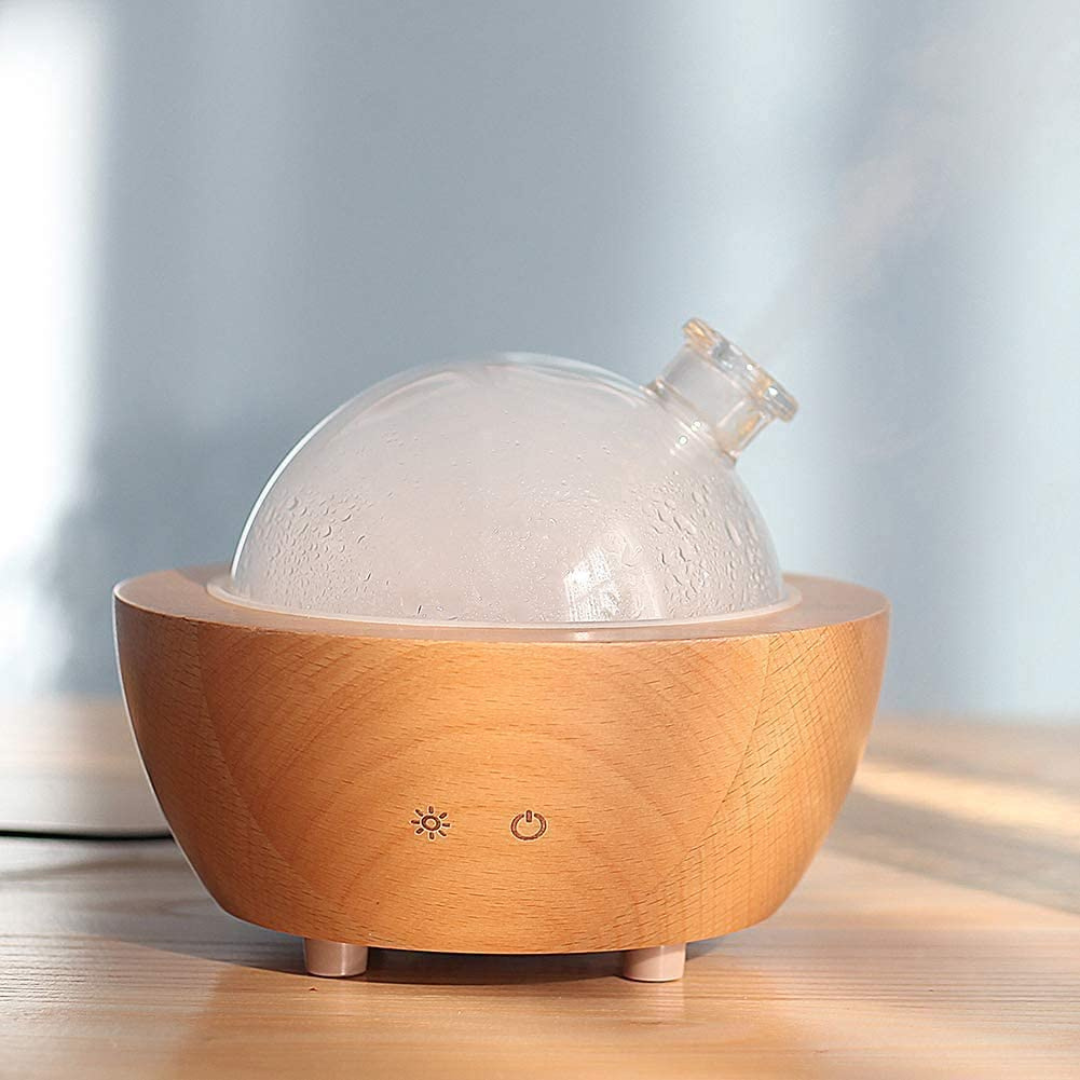|
|There is no mystery that many changes can occur for parents and a family after the introduction of a new baby into the household. These changes can range from new financial responsibilities, learning how to soothe and care for a new family member, as well as juggling getting enough sleep and rest in between changes and feedings.
But what about the mental health changes that can happen to a mother after having a baby? It may seem strange for a mother to go through emotional changes after experiencing such a powerful experience of bringing a life into the world, but it's actually quite a common occurrence for a mother to experience mental health difficulties that range from low to quite severe after bringing a baby home.
According to the World Health Organization: "Worldwide about 10% of pregnant women and 13% of women who have just given birth experience a mental disorder, primarily depression."
Since this topic is important to talk more about so that parents and loved ones alike can have more of an understanding and resources to have help if difficult changes do occur after having a baby, I am delighted to share a guest article on this subject that covers all of these points and more.
4 Common Mental Health
|
Welcome to the blog!↓ That's me, Heather. :)
MENTAL HEALTH RESOURCE VAULTGreat!Check your email for instructions on how to access the Mental Health Resource Vault. Categories
All
Popular Posts// 25 Positive Mindset Quotes
// Self-Care Bullet Journal Spreads // 7 Ways Your Physical Health is Connected to Your Mental Health |
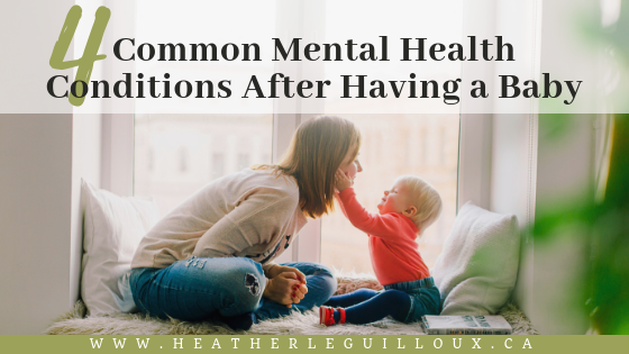

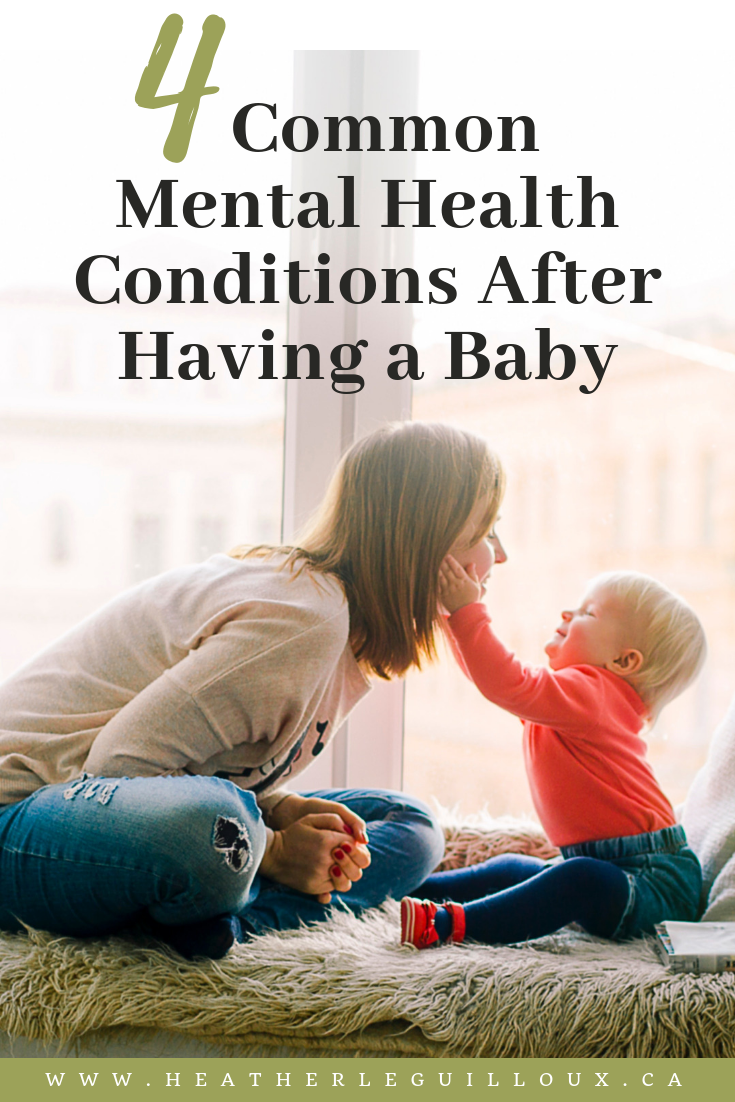

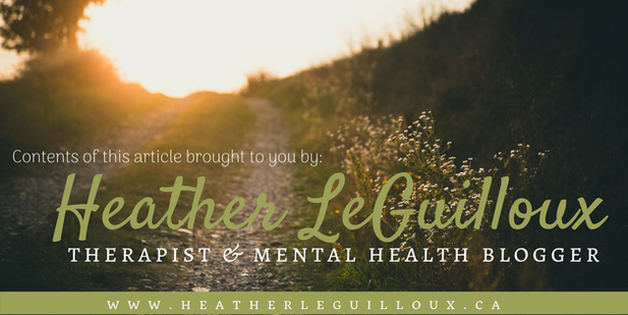

 RSS Feed
RSS Feed







